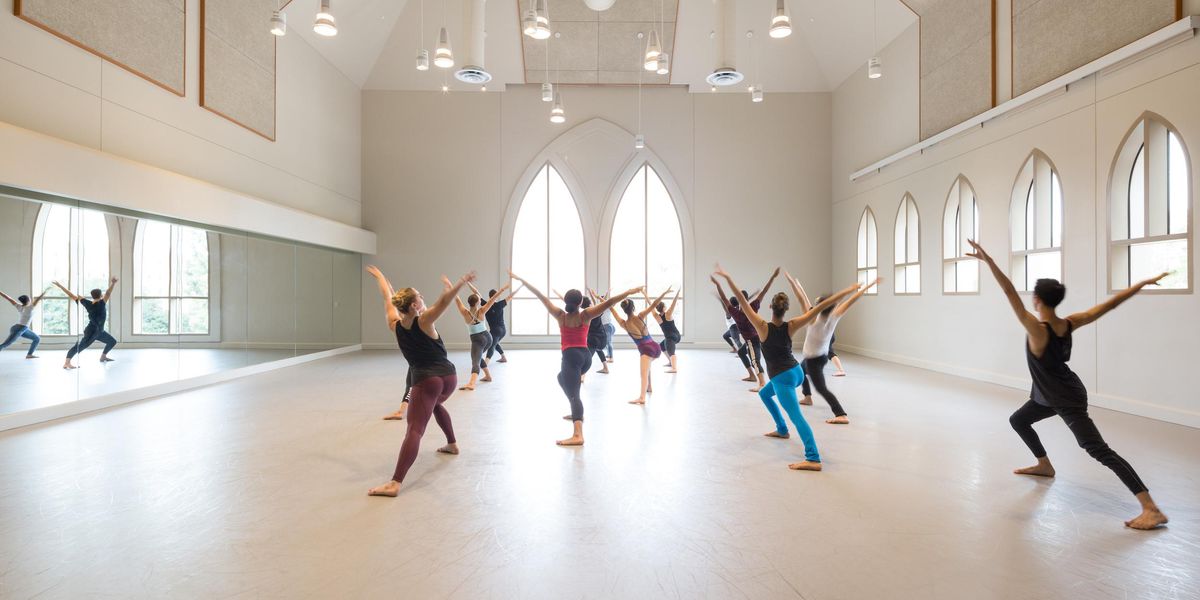Your Body Tips
Save Face
Putting on stage makeup night after night during performance season can be tough on skin, leading to issues including inflammation and breakouts. How can you protect yourself? Charlie Seminerio, who has overseen makeup and wigs for the National Ballet of Canada for over 20 years, and Jane McKay, senior artist at MAC Cosmetics (NBoC’s cosmetics supplier), offer their top tips:
Prepare: Start with clean hands, a clean face and a light application of moisturizer suited to your skin type. Avoid oil-based or highly emollient moisturizers, which can prevent makeup from adhering well. If you’re sensitive, avoid fragranced products. For those with oily skin, oil-control lotion can reduce slippage and shine. If you’ll be using a pigment that may stain, apply a barrier cream or moisturizer about 15 minutes beforehand, Seminerio says.
Remove: Crazy as it sounds, consider removing makeup with cleansing oils—even if you’re oily. Look for oils or oil blends containing surfactants, which help break down makeup without the pore-clogging properties of heavier removers. On a budget? Use olive oil. Apply it to skin with your hands, massage it in and clean it off with a warm, damp washcloth.
Clean: Good hygiene is your friend. Replace any liquid-based products, like mascara, every few months (powders can last up to a few years if stored in a cool, dry environment). Keep makeup and skin-care products away from extreme heat and light. And if you’re using brushes or sponges to apply products, clean them after each use. “Every time you put a brush to your face, you’re picking up oil and moisture and introducing it to your eyes and skin,” McKay says. “You rinse off your toothbrush each night, right?” Seminerio adds, “Don’t share makeup. If makeup cakes are shared, I’ll spray them with 99 percent alcohol to sanitize them.”
TIP: Sweaty? Creamy makeup will have better sticking power under hot stage lights than water-based makeup.
Take a Bath!
Sore? Stressed? Unable to sleep? Adding a warm bath to your nightly routine can combat several dancer woes at once. The health benefits for your mind and body will leave you feeling relaxed, refreshed—and ready for another long day of dancing tomorrow.
Fall asleep easier.
Your temperature rises in the warm water, then drops in the cool air. This shift produces melatonin, which signals your body to fall asleep.
Ward off cold symptoms.
The steam from the warm water can help free your nasal passages, so a stuffy nose or congested head won’t slow you down in rehearsals or shows.
Ease muscle pain
. The heat improves your blood circulation, helping to eliminate lactic-acid buildups that cause muscle soreness and tension. Many dancers swear by adding Epsom salts to enhance the pain-relieving benefits.
Relax!
Warm-water immersion balances the parasympathetic and sympathetic nervous systems to help you calm down. Turn on some mellow tunes and add a few drops of lavender oil—which has also been found to reduce stress and aid sleep—and let go of your day.
Get Your E
When you challenge yourself in intense rehearsals, it can create microscopic oxidative damage to the muscles’ cells. Protect your body by getting enough vitamin E, which helps defend against exercise-induced stress. But rather than taking supplements—which might not have the same benefits—incorporate these vitamin E–filled whole foods into your daily diet.
Food Serving Percent of Daily Vitamin E Needs
almonds 1 oz. (about 23 nuts) 37%
avocado 1 avocado 21%
dried apricots, stewed 1 cup 19%
canola oil 1 tbsp. 12%
green olives 1 oz. (about 5 olives) 5%
BONUS: The fat in avocado also helps the body absorb vitamin E better.




